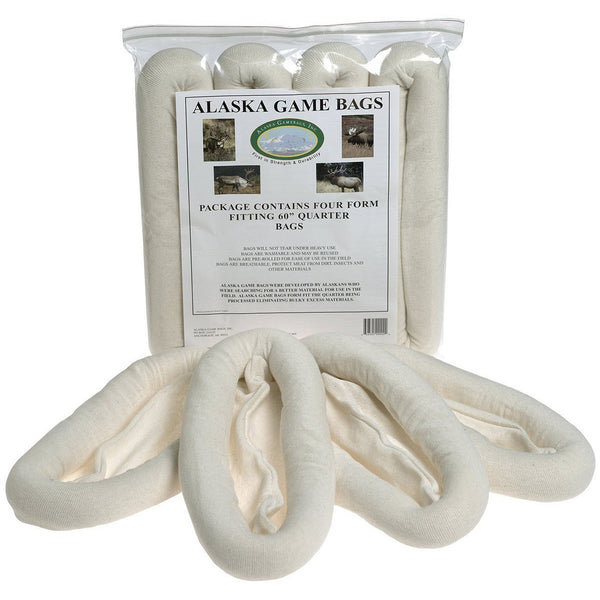Living among the deer in the high country can be one of the most rewarding archery hunting experiences of your life. But in order to be successful at this type of hunting, there are certain camp placement rules you should follow when bivouacking in the backcountry. The next time you are considering where to place your camp, think of the word STEALTH! Stealth is the action of doing something slowly, quietly, and covertly, in order to avoid detection. It is also a great acronym for the seven camp rules that I live by when hunting high country bucks.
Sight - First & foremost, you must place your camp out of sight of the area you will be hunting. This doesn’t mean you have to pitch your tent in the nastiest thicket you can find, just make sure it is out of sight of the deer you will be hunting. Often times my tent is right out in the open, but it is still concealed from the area I am actually hunting.
Timberline – By camping at or near timberline, you won’t have to make a long, steep climb every morning to get where the bucks are located. This may not seem important, but after several days of physical exertion while hunting, it gets harder & harder to get out of bed every morning. Rather than spending your morning hiking, you can actually get a little extra sleep.
Elevation – Place your camp at a higher elevation than the bucks you will be hunting. By doing this, it often allows you to glass right from camp, or only requires a short hike to a good vantage point. Once you spot a buck, your stalk will also be much easier and shorter because it will not require any elevation gain.
Activities - In order to minimize your impact and go undetected, you must conduct all of your camp activities as covert as possible. To do this, minimize the amount of camp noise, cooking odors, etc. that come from your camp. The two best ways I have found for reducing odors and smells are by using dehydrated meals, which only require boiling water, and absolutely no camp fires.
Lightning - Always keep lightning in mind. Never, and I do mean never, set up your tent near large, solitary trees near the top of the mountain. I normally place my camp in small patches of medium sized trees just below the top. After visiting with several people who have actually been struck by lightning, I have great respect for it.
Timber - Avoid standing dead timber. At high elevations, the wind can often be very ferocious. Over the years, I have weathered many wind storms in the backcountry and have seen firsthand that dead trees are very susceptible to being blown over.
H2O - Keep your camp within reasonable distance of water. The number one reason I see people cut their backpack hunts short is because they run out of drinking water after only a couple of days. I would suggest camping no further than a one hour hike from water.

BACKCOUNTRY CAMP PLACEMENT by David Long
You may also like
View all
#thisismyhighcountry
Find your High Country
Spend time in the places you love the most. Good gear, means you can spend more time there.
Let us help you make the most of your time in the mountains.
text us: 307.242.1477
Let us help you make the most of your time in the mountains.





: invalid url input -->)










Leave a comment